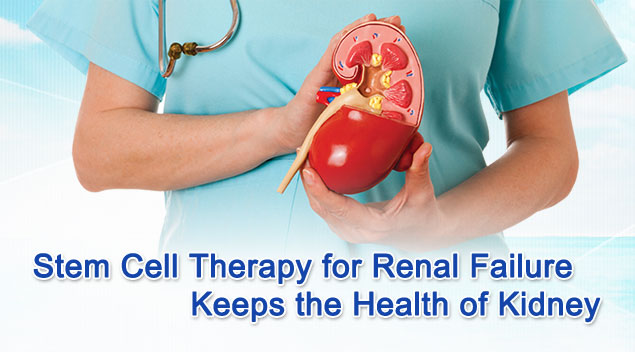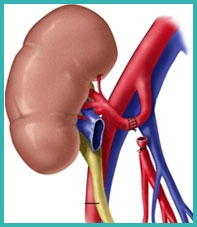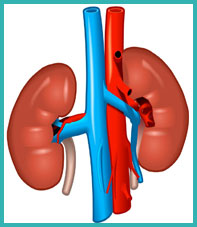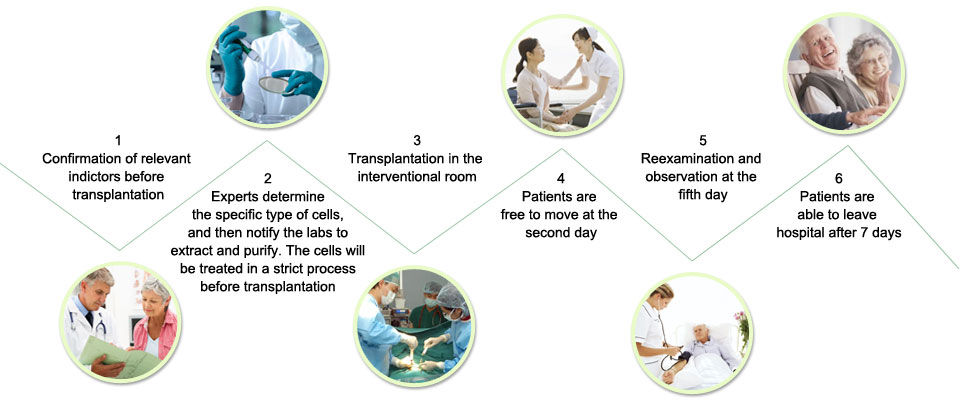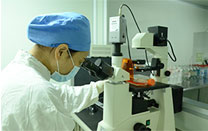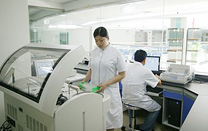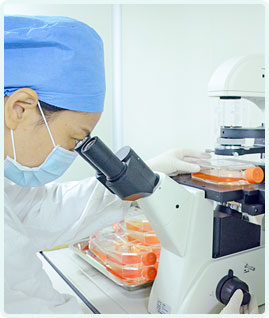-
Do you have any Symptoms of Chronic Renal Failure?
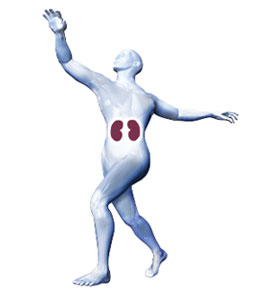
Chronic renal failure is the substantial damage of kidney at a long term which leads that the kidney cannot satisfy the daily requirement of the body. Gradually, it will lead to death. As a “silent killer”, chronic renal failure has inconspicuous symptoms of urination inadequacy, bad appetite, nausea, vomiting, etc. which always are neglected by people. As the condition deteriorates, it will not only cause the deficiency of kidney function but also result in a lot of complications, including heart failure, pericarditis, hypertension, etc. which bring the inrreversible body damage and lead to death.
-
The Global Incidence of Kidney Disease is about13.2%
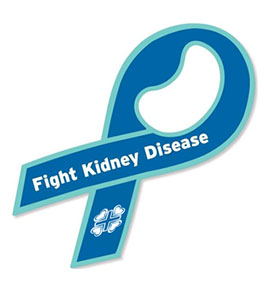
With the rising incidence of primary and secondary kidney disease, the global mortality of chronic kidney disease is accelerating, which threatens the health of human beings. The survey of kidney disease in 2015 shows that the global incidence is about 13.2%, and it is estimated that the incidence will reach to 14.4% in 2020 and 16.7% in 2030. The incidence of chronic kidney disease is increasing and other epidemic diseases cause the rising mortality of kidney disease. Patients are suffered physically and kidney failure brings a huge financial burden, which has a vital influence on lot of families
-
The Efficacy of Stem Cell Therapy for
Renal Failure

Relieve or Remove the Symptoms of Anemia, Edema, etc.
Reduce the Index of Serum Creatinine, Protein, etc.
Obviously Improve the Kidney Function
Improve the Quality of Sleeping
Keep Urination and Bowel Movement Smooth
Strengthen the Immunity System
Improve the Complexion
The condition of chronic renal failure is complicated and it will involve many organs and result in complications.
Digestive System(the earliest and most common symptoms): bad appetite, nausea, vomiting, abdominal distention, ammonia smell in the mouth, etc.
Cardiovascular System (the most common cause of death): high blood pressure, heart failure, atherosclerosis, etc.
Respiratory System: uremic bronchitis, pneumonia, pleuritis, etc.
Hematopoietic System: anemia, bleeding gums, blood in stools, bruise in the skin, etc.
Mental Discomfort: mental fatigue, feeling tired, dizziness, headache, decline of memory, insomnia, etc.
Sexual Dysfunction: most of the male and female show the decreased sexual desire.
Routine inspections : qualitative test for urinary protein, blood routine examination, urine routine examination for renal inadequacy, X-ray examination, etc.
Compensated Stage (Stage 1) : The kidney function gradually declines but does not show any clinical symptoms. The result of test presents in normal or occasionally slight high range.
Kidney Function Deficiency Stage (Stage 2) : In this stage, 60%-75% of glomeruli are damaged. The creatinine and urea nitrogen levels are slightly high. The patients show the symptoms of anemia, fatigue, weight loss and problems concentrating etc.
Renal Failure Stage (Stage 3) : 75% to 95% of kidney function is seriously damaged. The creatinine and urea nitrogen levels rise with acidosis. The patients have the obvious symptom of anemia and more frequent nocturnal urination.
Uremic Syndrome Stage (Stage 4) : More than 95% of glomeruli are damaged and serious clinical symptoms of nausea, vomiting, less urination, malignant high blood pressure, severe anemia, skin



